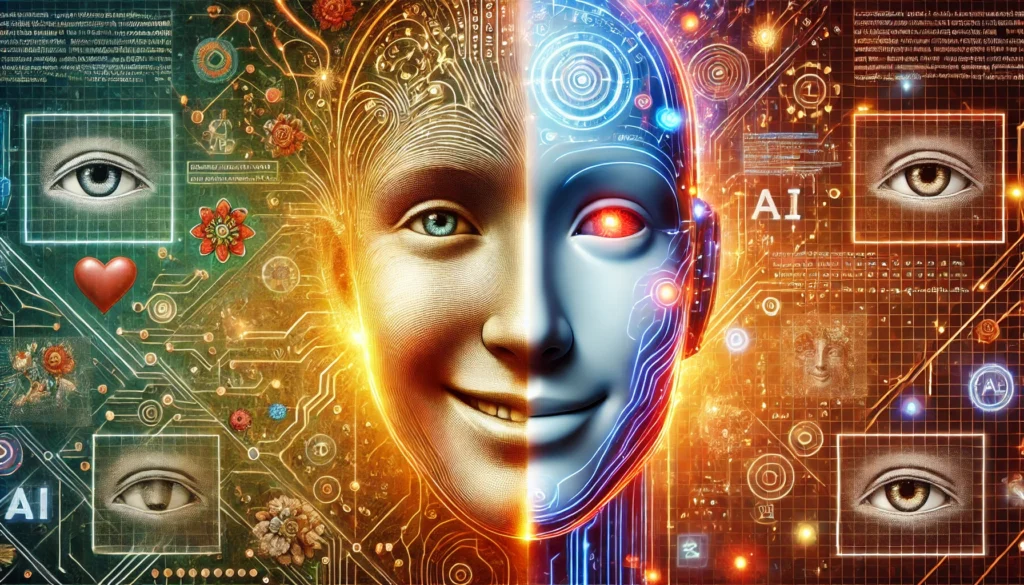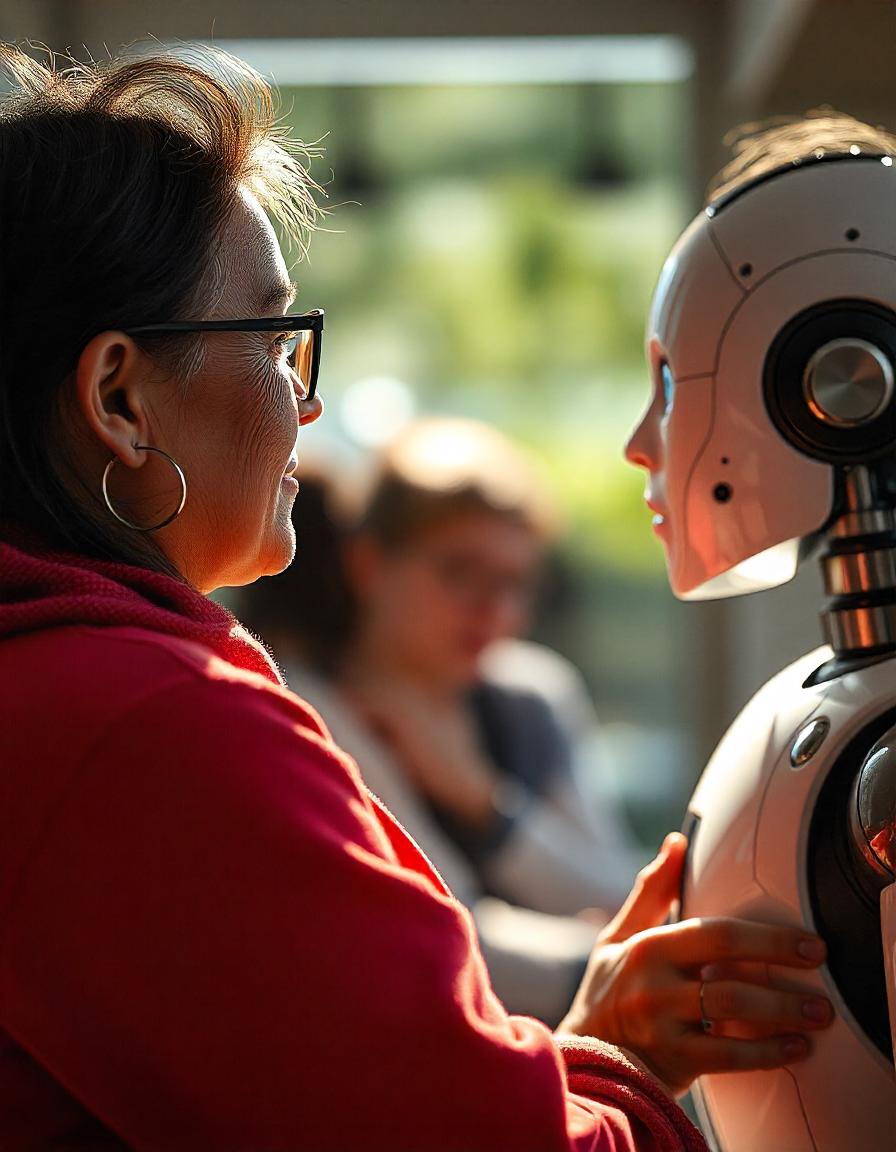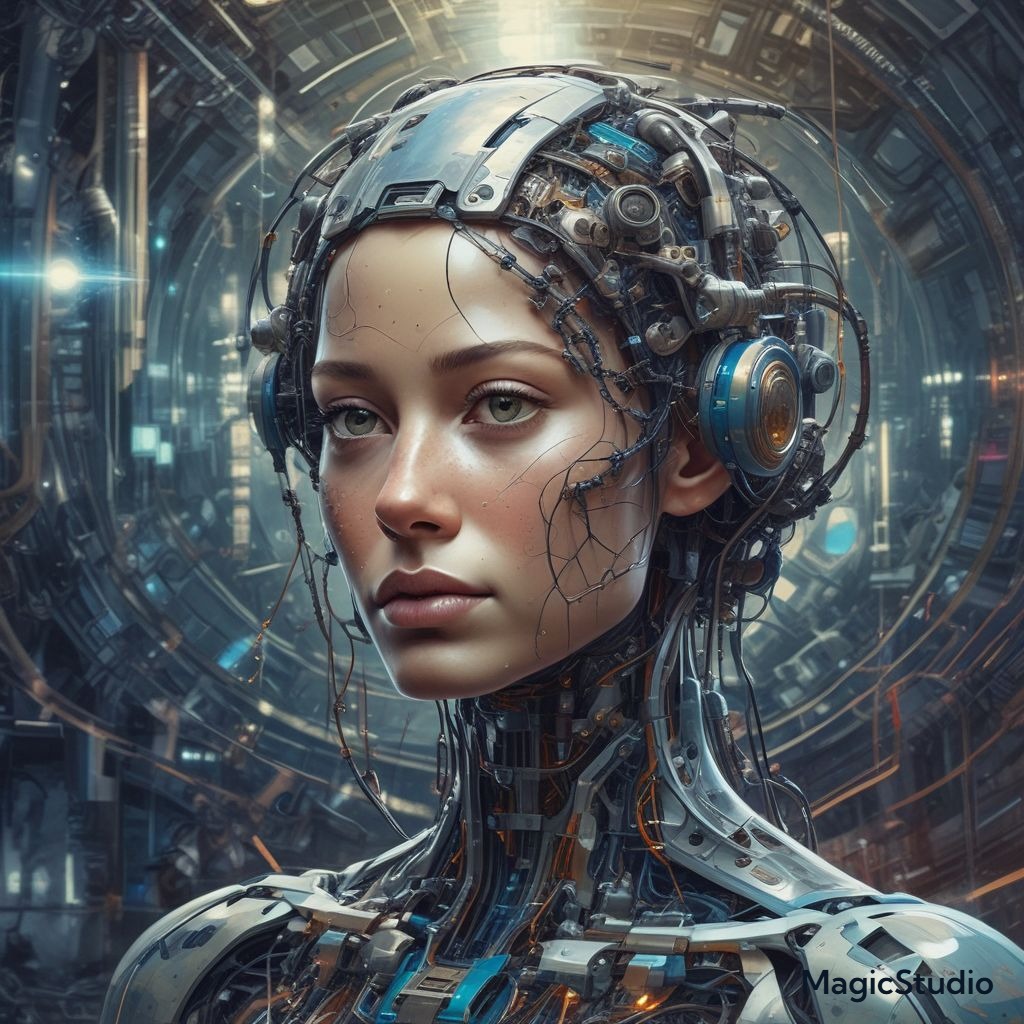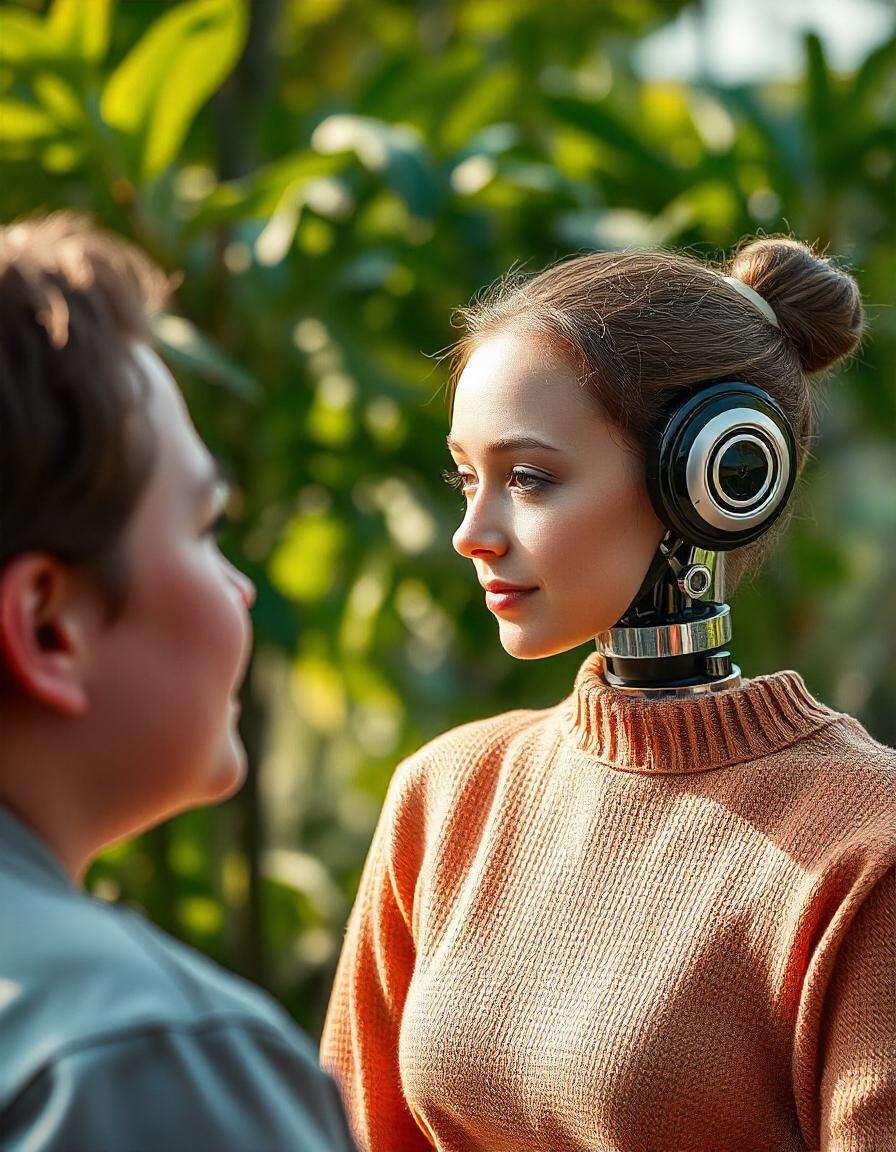In this era of rapid change in technology, AI (Artificial Intelligence) has become an important part of our daily lives. For example, we see Siri and Alexa, which have made everything from virtual assistance to customer support chat bots almost automatic. But despite all this, a question keeps coming to our mind: whether AI can feel emotions? Can AI generate emotions? Is AI emotionally intelligent? If it cannot generate them, then how does it answer on the basis of emotions? Or is all this just an illusion? We will try to answer some such questions in this blog post.
What Are Emotions?
First of all, we should understand what emotions are so that we can know whether what AI generates is an emotion or not. “Emotions are a complex psychological state which is a mix of mental, physical and physiological processes. Emotions are very difficult and nuanced to predict; they are deeply connected to our experience and consciousness.
Our emotions are mainly formed by a combination of joy, sadness, anger, and fear. All of these help us to understand the situation, connect with it and respond according to the condition. This is a complex process, and it is this process that makes human emotional intelligence unique.
Limitations of AI
Now let us try to understand the function of AI so that we can understand the process of generating emotions by AI. The main job of AI is to analyze data and patterns and generate responses accordingly. AI algorithms cannot feel or experience; rather, they generate responses by analyzing human inputs on the basis of data. AI does not have a nervous system or biological basis like humans, which would enable AI to create true and real emotions. Therefore, no matter how advanced AI becomes, it is almost impossible for it to feel like humans. Therefore, AI’s emotional response is based on analyzing its data and responding to it, which is far away from real emotions.
How AI Generates Emotions
As we know, AI cannot feel emotions, but through advanced techniques like natural language processing (NLP) and machine learning (ML), AI can simulate emotions quite accurately. Next we will look at some techniques through which AI pretends to be emotionally intelligent:
Sentiment Analysis
In this process, AI uses Natural Language Processing, i.e., NLP, to try to detect emotions in speech or text, such as happiness, sadness, or anger. For example, if a user writes “I am exhausted,” then AI will give an empathic response so that the user feels calm.
Affective Computing
This is the area or department of AI in which AI recognizes, interprets, and simulates human emotions by analyzing facial expressions, voice tone, and body language. Emotional AI tools are used in customer service, the game sector, and the healthcare sector so that user interaction can become more effective, more responsive, and more personalized.
Empathy Simulation
Advance chatbots use this to give an empathetic response to the user. For this, AI analyzes text patterns and context. This is simple pattern recognition by AI. In this, AI generates responses while learning without any real understanding.
Despite all this, it is important to remember that AI is only mirroring human emotional cues; it is not generating genuine emotions. Despite having so many functions, AI is only trying to copy human emotions and is not generating real emotions.
Is AI generating emotions in the same way that humans feel?
Now a question arises in our mind: can we call a machine emotionally intelligent because it simulates emotions? The answer to this is that the emotional experience of humans and the generation of emotions by AI are completely different. The emotions of humans have a deep impact on their identity and behavior, while for AI, “emotions” are achieved only by calculating the data, which AI achieved without any subjective experience.
According to some philosophers and AI experts, AI will never be able to feel emotional experiences because for real emotional intelligence, AI needs self-awareness and consciousness, which only humans have so far. Well, we will see in the future what can be done.
The Role of Emotional AI in Society
We know that AI can neither feel nor generate real emotions, but AI’s ability to imitate emotions can be quite beneficial for us and our society. Emotional AI is being used in many sectors nowadays, such as the healthcare sector, entertainment sector, and customer service sector.
Mental Health Support
In health sectors, chatbots provide 24/7 support through AI so that lonely or anxious people can get help in easy words. In therapy, AI tools are used to monitor mood swings or detect depression at an early stage.
Customer Service
Emotional AI finds out how the customer is behaving while talking to the customer. If AI detects anger or frustration while talking to the customer. Then it responds accordingly so that the user experience is smooth.
Companion Robots
Elderly people are looked after by robots in old age homes, and they provide them emotional support. These AI robots also help them in their daily life tasks.
AI applications have many benefits, but as we all know, everything has two aspects. There are some ethical concerns as well, as AI is being integrated into sensitive fields.
Can AI achieve consciousness in the future?
While seeing AI developing rapidly, sometimes a question comes to mind: will AI be able to develop its own consciousness in the future? Till now, the improvements made in AI have only been used to perform the AI tasks that are given to it. But who knows, in the future AI may theoretically develop independent thinking and personal awareness as well. And yes, maybe even emotions.
Ethical concerns of emotional AI
As AI continues to mimic our emotions over time, we have started to wonder about ethical questions:
Deception and manipulation
Should we allow AI to understand that it has emotions? For example, if a chatbot tries to convince a human to buy something by imitating empathy, is that correct?
Effect on human relationships
Emotional AI can affect human relationships. When humans start connecting with emotionally responding machines, then their behavior with real humans starts changing, which has an impact on human relationships.
Clear disclosure
Whenever a human talks to a machine, he must know that he is talking to a machine, so that when AI leaves emotions behind and gives advice to someone, then it should know that the advice is being given by AI based on its data.
Issues like these also prompt us to think about other aspects of AI. Before using AI, it is important to clearly understand its guidelines and policies, so that whatever action a human takes, he takes it on his own merit and not because of AI’s emotional response.
In this post, we have discussed the technical, ethical, and philosophical proportion of AI and emotions. In this, we have tried to give a complete overview to the readers. If you need any particular example or more details related to this post, then let us know. Fore reading more topics, click here








